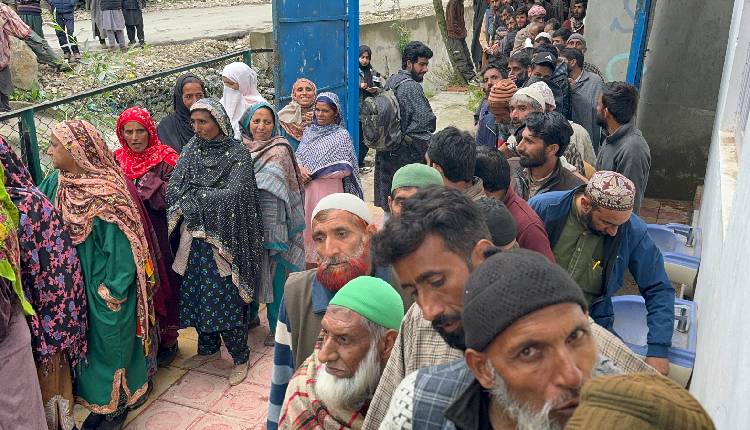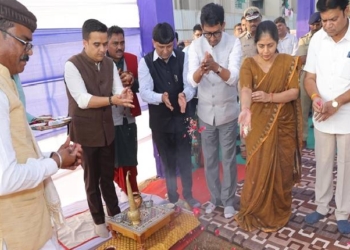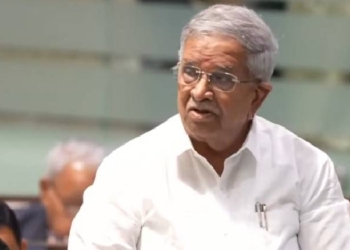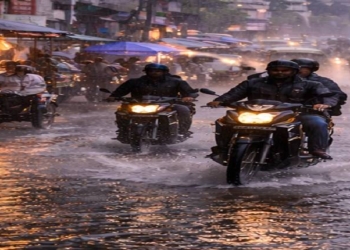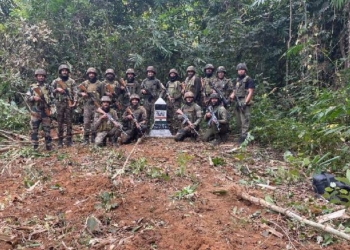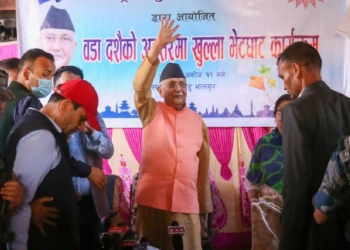Srinagar: For the first time since militancy began in Kashmir, and in the first elections after the abrogation of Article 370, people voted in large numbers in the Srinagar Lok Sabha constituency on Monday.
Against 14 per cent voter turnout in 2019, more than 38 per cent polling was recorded on Monday.
The most encouraging was the number of people who came out to vote in the Old City areas of Srinagar. These areas were known as the cradle and bastion of separatist sentiment in Kashmir. In fact, all eight Assembly segments in Srinagar district have been part of a near-total poll boycott in the past.
It is against this background that 1.77 lakh voters turned out to vote in these 8 Assembly segments on Monday.
That this was the biggest celebration of democracy in Kashmir has been acknowledged by Prime Minister Narendra Modi, Home Minister Amit Shah, and BJP President J.P. Nadda.
“The basic spirit of democracy is not who gets defeated and who gets elected. The basic spirit of democracy is that the people trust the system and the Election Commission to safeguard their right to choose or reject,” said Umar Rashid, an advocate in the J&K and Ladakh High Court.
A local businessman, Rafiq Ahmed, displayed his finger to prove that he had cast his vote in one of the interiors of old Srinagar city, and said, “Nobody can remain out of a democratic system that gives him the power over his political destiny.”
The voter turnout in Srinagar is likely to have a ripple effect on the polling in Baramulla and Anantnag Lok Sabha constituencies, which will go to the polls on May 20 and May 25, respectively.
The Election Commission has proved that despite having remained without the right to vote after 2019, the people of Kashmir have unshakable faith in the country’s democracy.
Incidents of separatist violence might continue as sporadically as they have been during the last five years, but the larger picture is that the people of Kashmir have re-affirmed their faith in Indian democracy.
There are differences of opinion and approach between different sections of people and political parties in Kashmir, and yet none of them has any misgiving about the fact that they can vote any party in or any party out of power.
Pictures of fathers standing in queues outside the polling stations whose children joined militant ranks in the past have confirmed the paternal disapproval of violence by Kashmiris.
Also, the first-time voters participated in the poll process with enthusiasm this time.
All these indicate that the bright sun of hope and faith in the country’s democracy has again risen on the political horizon of Kashmir after having remained shadowed by the clouds of violence for over 35 years.
(IANS)




